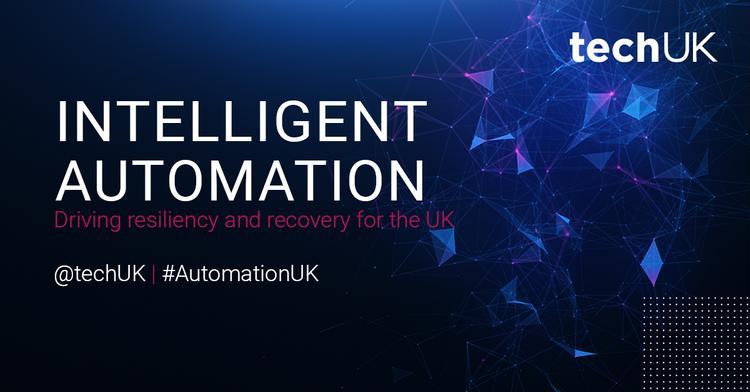How intelligent automation revolutionises HR processes

In today’s experience culture, delivering an exceptional employee experience is as important as delivering exceptional service to your customer. Yet many employee lifecycle management processes are still highly manual and at risk of error, which may affect the productivity of new starters and open the business up to risk.
Employee onboarding is a vital HR process, but it has many manual touchpoints. Information passes between multiple departments – from HR to IT to facilities – to ensure a new hire has everything they need to get to work on their first day.
The admin burden is significant, and tasks are usually repetitive and mundane. IT Service Desk teams bear the brunt of these tasks, such as:
- User account set up
- Access permissions and security groups
- Hardware and software provisioning
- Asset management
The same is true for offboarding employees when they leave the business. Decommissioning accounts, removing access permissions, and managing redundant assets is another highly manual process. The risk of error in this case can expose businesses to security risks if permissions are not removed promptly. While redundant software licences can lead to unnecessary costs.
Intelligent automation connects people, processes and technology to reduce the heavy admin burden and:
- improve the employee experience
- reduce risk
- increase security
- increase productivity
- reduce costs
Transforming employee lifecycle management
Employee lifecycle automation enables a faster, more consistent onboarding and offboarding experience that ensures employees are seamlessly welcomed to the business, are productive from day one, and the business is better protected when an employee leaves.
By removing fractured communication and approval processes, intelligent automation enables tasks to be completed with far fewer human touchpoints. Here are just some of the benefits that can be delivered:
- New hire data is automatically populated across various platforms, reducing the risk of manual keying errors
- Access permissions are triggered based on department and job role rules, reducing the risk of misallocation or delayed access
- Asset management is enhanced as information is accurate and up to date
- Employee communications are automated, increasing consistency and accuracy
- Service desk tickets are automatically updated and closed without requiring human input
- Risk of error is reduced, protecting a business’s most valuable assets: its people and its data.
The benefits are realised immediately
Intelligent automation solutions can be designed and implemented within just a few weeks and so businesses can reap the rewards almost immediately.
One of our customers managing 100+ employee lifecycle requests per month saved 40 hours – one whole week - on manual tasks across the IT team through employee lifecycle management automation. Reducing these manual, mundane (although essential) tasks gave its IT and HR teams more time to focus on higher-value tasks, service improvements and innovation, thereby supporting its continued growth and recovery.
Getting the strategy right
The right automation solution enables the agility, productivity and cost-efficiencies businesses need to compete in the new future of work, so getting the strategy right first time is a business imperative. Check out our Automation Success Kit, a 10-step roadmap to ensure you get your automation strategy right.
For more information, contact Suzanne Rouart at [email protected] or call +44 (0) 7711 360 658.
You can read all insights from techUK's Intelligent Automation Week here

Rory Daniels
Rory joined techUK in June 2023 after three years in the Civil Service on its Fast Stream leadership development programme.

Ella Shuter
Ella joined techUK in July 2025 as Junior Programme Manager for Emerging Technologies.

Laura Foster
Laura is techUK’s Associate Director for Technology and Innovation.

Elis Thomas
Elis joined techUK in December 2023 as a Programme Manager for Tech and Innovation, focusing on Semiconductors and Digital ID.








